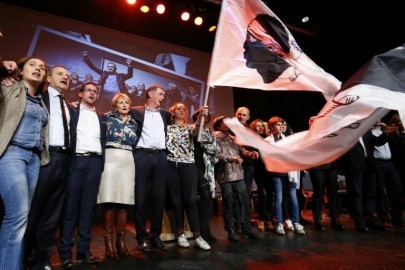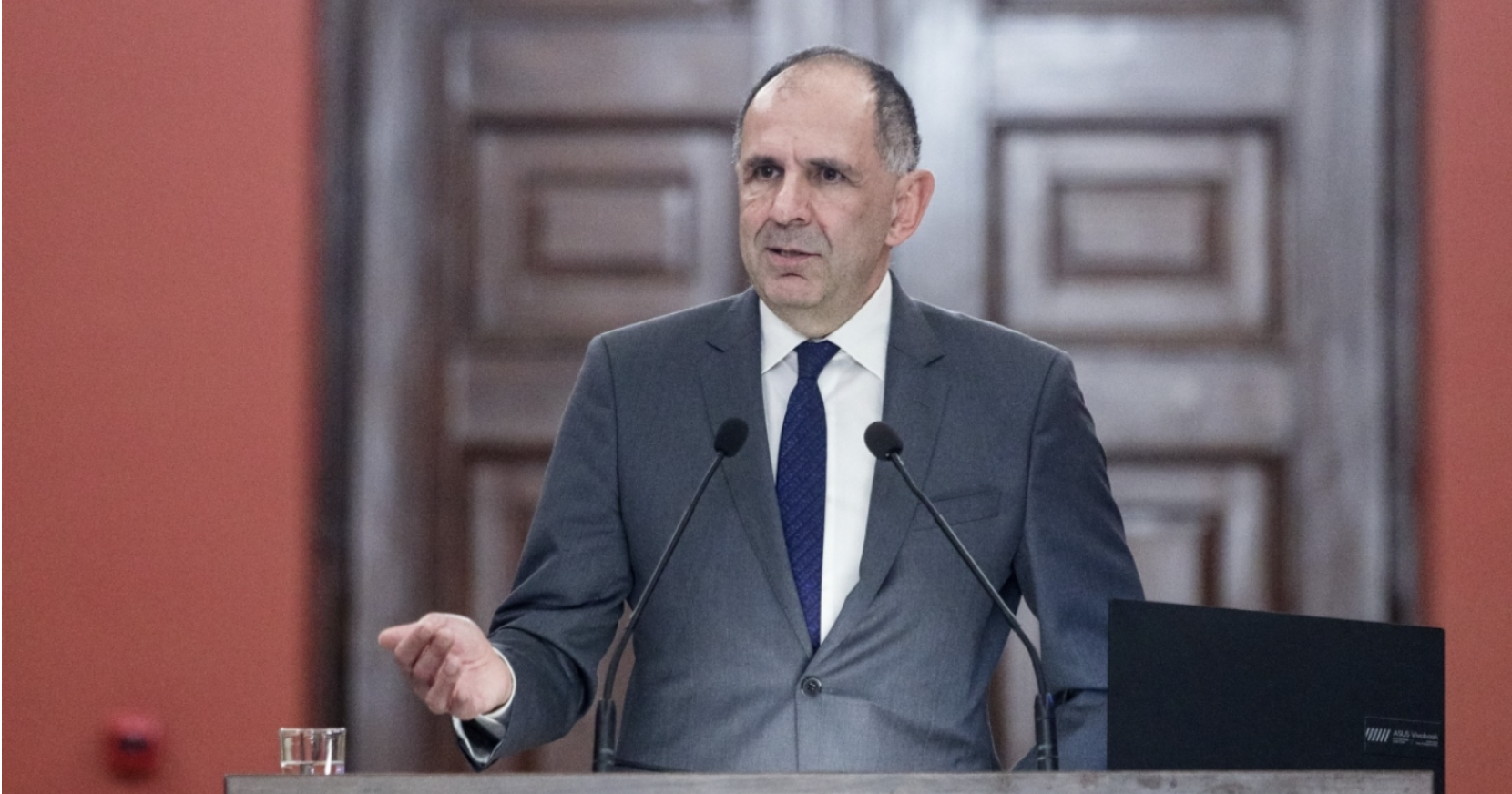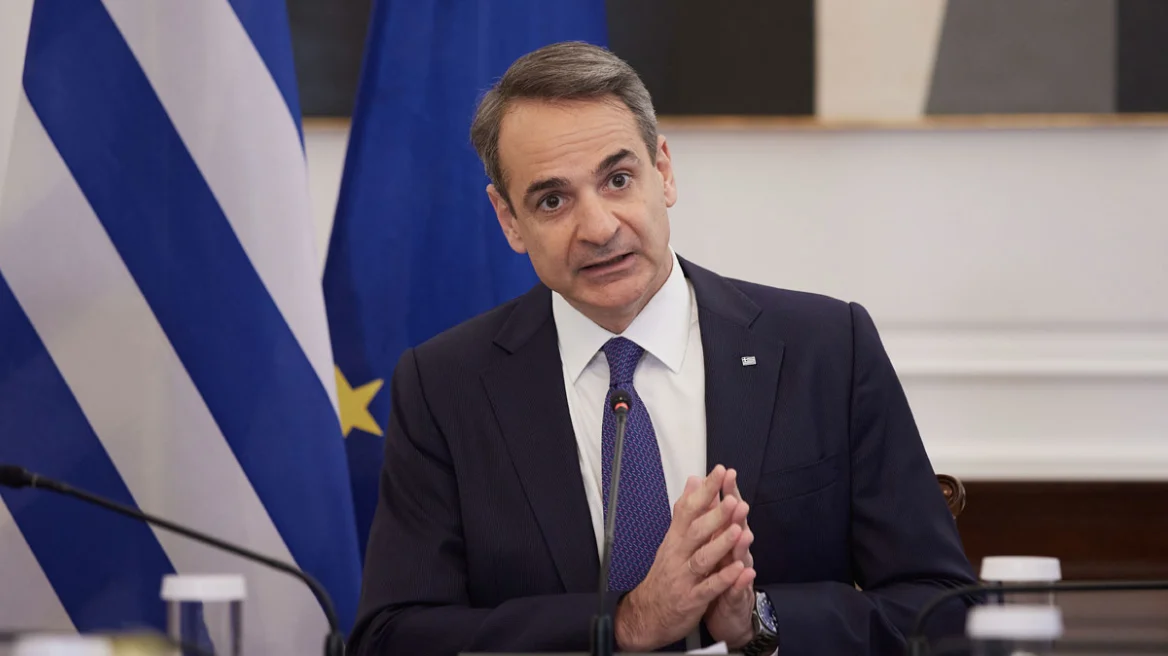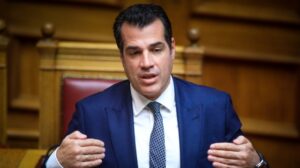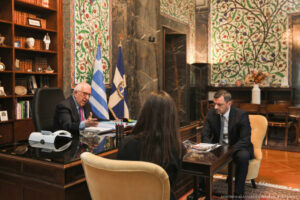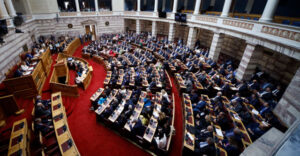Bolstered by their triumph in regional elections Corsican nationalists on Monday called on the French government to quickly enter talks on their demands for greater autonomy for the Mediterranean island.
The nationalist Pe a Corsica (For Corsica) alliance, which has governed the island of 330,000 people for two years, cruised to victory in Sunday’s second round of voting for the regional assembly election, winning nearly two-thirds of the seats.
The results -which are a challenge to France’s system of highly centralized rule- comes hot on the heels of attempts by Catalan nationalists to break away from Spain.
The vote was seen as a reward for Corsican nationalists’ renunciation of violence, three years after the end of a long-running separatist bombing campaign.
Gilles Simeoni, leader of the pro-autonomy Femu a Corsica (Let’s Make Corsica) party- the biggest in the ruling alliance- on Monday urged Paris to enter talks on a deal “which will allow us to definitively turn the page on the conflict”.
Jean-Guy Talamoni, the pro-independence leader of the smaller Corsica Libera (Free Corsica) party, struck a more defiant note, threatening to bring Corsicans onto the streets if Paris persisted in its “denial of democracy”.
Both Simeoni and Talamoni have stressed that their short-term goal is greater autonomy, rather than independence, not least because Corsica is reliant on state spending.
But their three core demands are nonetheless seen as radical in French terms.
They want the Corsican language to have the same status on the island as French, convicts whom they consider political prisoners to be given amnesty, and restrictions on non-residents buying property on the holiday island.
On Sunday, Prime Minister Edouard Philippe sent “republican congratulations” to the nationalists and said he was willing to meet them once the island’s assembly was up and running in January.
Simeoni told reporters he wanted more from Paris than “formal politeness”.
Jerome Fourquet of IFOP polling institute, author of a book on the Corsican question, said the nationalists’ demands were “in blatant contradiction with France’s main constitutional and institutional principles”.
Making Corsican an official language would mean changing the constitution, while the nationalists’ demand that non-residents be barred from buying property — an attempt to prevent wealthy mainlanders pushing up prices — would be tantamount to discrimination, he noted.
Napoleon’s birthplace
Opinion polls show that most Corsicans, many of whom live off seasonal tourism or are employed in the public sector, want to remain in France.
Even Talamoni — nicknamed by some “the Corsican Puigdemont” after the deposed Catalan leader Carles Puigdemont — suggests the island would only split from France in 10 or 15 years at the earliest — and only if a majority supported it.
Famed for having some of the best beaches in Europe and for being the birthplace of Napoleon, Corsica was once a hotbed of violent anti-French militancy.
The National Liberation Front of Corsica (FLNC) waged a four-decade bombing campaign — mainly targeting state infrastructure — before calling a ceasefire in 2014.
The worst nationalist attack took place in 1998 when France’s top official on the island, Claude Erignac, was assassinated.
Summing up the conundrum for President Emmanuel Macron, Yves Threard, a columnist with Le Figaro newspaper, said he needed to avoid getting the nationalists’ backs up “without giving the impression he is selling off a piece of France on the cheap”.
Source: yahoo.com
Ask me anything
Explore related questions
